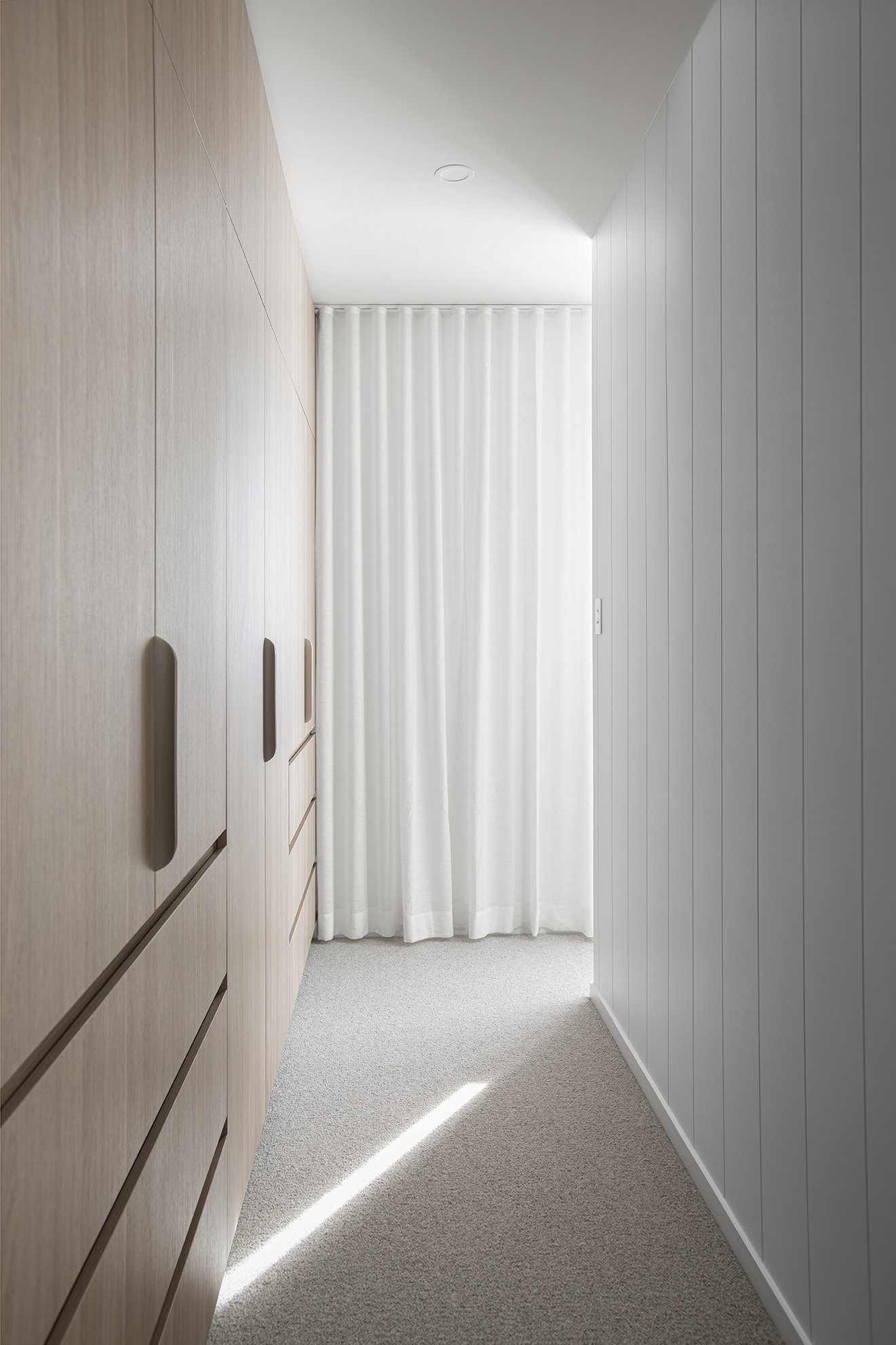5 Questions To Ask When Choosing Carpet For Your Home
Choosing new carpet? The main priorities are pretty simple - the carpet needs to be soft underfoot, a colour that looks good, and it’s got to wear well. Are we right?
But there's a lot more to consider when choosing carpet than meets the eye... or foot for that matter. We dug deeper into the pile and came up with five questions you need to consider when choosing new carpet for your home…
Zephyr and Stone • Heathered wool carpet
Which Fibre?
This is one of the first decisions you’ll need to make — what type of carpet fibre or material is best for your family and lifestyle. The most common carpet fibres are wool, nylon and polyester. Each has its benefits, and the ideal choice will depend on your needs and the application.
Polyester is generally harder-wearing and the cheapest option. It can however feel somewhat plastic-like and is usually harder to the touch than all other varieties.
Nylon is soft underfoot, and mid-range in price. Being solution-dyed, nylon is usually highly stain-resistant and fade-resistant and is a popular choice.
Finally, there’s wool - the most premium of carpet fibres and our favourite. It comes in a range of price points from mid to top-end, is super-soft underfoot and is naturally stain-resistant.
Wool carpet stays warm in Winter yet cool in Summer making it comfortable to live with all year round. It’s also hard-wearing due to its natural built-in memory, which causes it to bounce back into position when compressed. Now that’s smart.
Zephyr and Stone • Contemporary Coastal Walk In Wardrobe featuring Wool Carpet
Zephyr and Stone • Scandi Project featuring Light Grey Wool Carpet
2. Choosing What The Carpet Looks Like: Plush Pile, Loop Or A Bit Of Both?
The finish or cut of your carpet pile will affect its appearance, maintenance, wear and durability.
A plush carpet has a blunt cut finish that’s amongst the softest and most luxurious of all varieties. It can feel as soft as velvet but does tend to show up foot and vacuum tracking more than other fibres.
Twist refers to a carpet where the fibre is twisted. It’s hard-wearing and less likely to show ‘shading’ from foot traffic and a vacuum, making it practical and easy to live with.
In loop piles, the fibre has a looped finish. Loop piles are extremely durable, generally don’t flatten easily and are one of the best options for avoiding tracking from footprints and vacuuming. There are a range of looped variations which also have the added benefit of increased texture due to their uneven surface.
Combination carpet piles have both cut and looped fibres and can be a great option as they often tick boxes on many levels.
Zephyr and Stone • Coral Project with Textured Light Grey Carpet
Zephyr and Stone • Retreat Project Loop Pile Wool Carpet
3. Choosing the Right Carpet Colour
Carpet colour plays a huge role in the overall look and feel of your home. The right shade can enhance natural light, create warmth, or make a space feel larger.
✔ Neutral tones like beige, greige, and soft taupe are timeless, versatile, and easy to style.
✔ Darker shades help mask stains and wear in high-traffic areas but can show dust more easily.
✔ Lighter carpets brighten a space and make it feel larger but require more upkeep.
✔ Heathered yarn carpets — which feature multi-tonal fibres — help disguise dirt and footprints while adding subtle texture and depth.
✔ Patterned or textured loop pile carpets create visual interest and hide everyday wear better than solid-coloured options.
✔ Speckled or flecked carpets blend multiple shades for a forgiving, low-maintenance look that works well in busy family homes.
Z+S Pro Tip • When selecting carpet colour, consider how undertones interact with your walls, flooring, and natural light — what looks neutral in one space may appear completely different in another.
Zephyr and Stone • Carpet Colours
4. Allergies
Wool is often considered the best option for allergies and asthma, as it has natural hypoallergenic properties and low moisture levels, making it harder for dust mites to survive. Being a natural fibre, skin irritations are also generally less common compared with synthetic fibres.
Nylon is another good choice for allergies with some varieties including materials that actually repel allergens.
Zephyr and Stone • Classic Coastal Walk In Wardrobe featuring Light Grey Carpet
Zephyr and Stone • Scandi Walk in Wardrobe featuring Wool Carpet
5. Lifestyle
Finally, it’s vital to consider your lifestyle! Do you have children or pets? Will the carpet be laid in high-traffic areas like hallways or walkways? Will you be carpeting the stairs? Will office chairs or furniture be moved across the surface regularly?
Answering all these questions will allow you to choose the carpet that’s best suited to everything your household might throw at it, and ensure it looks fabulous now and in years to come.









